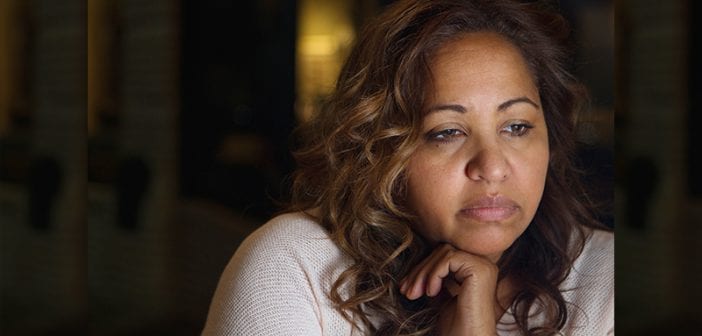When editors at the New York Times invited readers to send stories about undergoing abortions, they received more than 1,300 stories from more than 30 countries. As the New York Times is anything but favorable to the Pro-Life position (featuring a single Pro-Life op-ed was a newsworthy event), the aim of the project seems to be to galvanize anti-Life activists and push to legalize the killing of the preborn in strongly Pro-Life countries like Poland and Argentina. What the stories actually show, however, is the dire need for the Pro-Life movement.
From this deluge of abortion stories, the editors selected excerpts from 13 stories that they say “reflect the spectrum of abortion laws and the important roles of money, technology, information and culture in dictating the safety and aftermath of the procedure.” Sadly, through this spectrum of laws, socioeconomic status, and culture there is a common thread in many of the stories: violence against women.
In one story, a young Nigerian woman recounts becoming pregnant after her boyfriend raped her. This same abusive boyfriend then took her to an illegal abortionist who attempted to kill her 10-week-old baby in an unsterile facility. The woman later learned that her baby survived the attempted abortion, and the child was delivered stillborn at 37 weeks. She writes, “It took me a long time to recover after the death of my child. I still somehow feel responsible that the failed abortion exposed my baby to infection.”
This woman is not alone in her tragic circumstances. Other women from around the world shared stories of coercion in an abortion decision and abortionists who took advantage of them and left them with life-threatening complications. Anti-Life activists cannot say that these tragedies result only in countries that recognize the Right to Life of the preborn and prohibit abortion. Some of the most emotionally jarring stories came from women who live in countries where abortion has been legal for decades.
One woman from Massachusetts recalled her husband pressuring her to kill their fourth child in an abortion because he did not want another daughter. She writes,
For over an hour I wept in a chair beside him [at the abortion facility]. I could not complete the intake form. I could not check off the small box in the lower corner of the page asking about coercion.
I was shaking, weeping and frightened. At one point, a silver-haired security worker approached me and said, “You should not be here.”
With great reluctance, I signed the form and waited my turn.
For years following, I have heard the cries of newborns — at the grocery store, in the airport on my way to a business trip, in parks, on sidewalks — and it triggers that frigid day in January.
One of the shortest excerpts included in the series was from a woman in England who writes, “Nobody told me how bad I would feel afterward. I contemplated suicide. A Christian friend supported me through healing. It was a long process, and I still miss my baby.”
Anti-Life activists claim that abortion empowers women, but stories like these show that taking the life of a preborn child is not the way to empower women but a way for men to abuse women and the abortion industry to profit from that abuse.
The prevalence of coercion and regret in the stories selected by the New York Times is reflected in studies of post-abortive women. Academic research has shown that 64% of post-abortive women said they felt pressured by others to undergo an abortion. Despite this startling statistic, 67% said they did not receive counseling before an abortion and 79% were not given information about alternatives to abortion.
These stories and statistics about the violence against women perpetuated by anti-Life policies and the predatory abortion industry are the reason that Texas law requires that women receive pre-abortion ultrasounds and access to complete information and resources available. A woman in a crisis should never be pressured to end her baby’s life. This kind of coercion is systemic in the abortion industry, and nothing could be further from women’s empowerment.
If you or someone you know is being coerced to abort, help is available. Contact The Justice Foundation Center Against Forced Abortion by emailing info@txjf.org or calling 210-614-7157 for immediate assistance.


